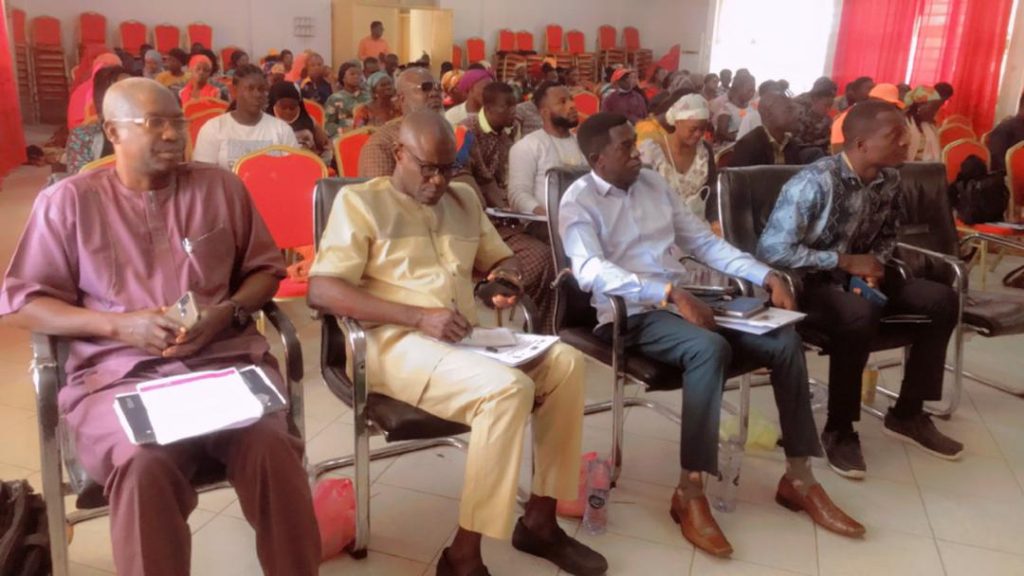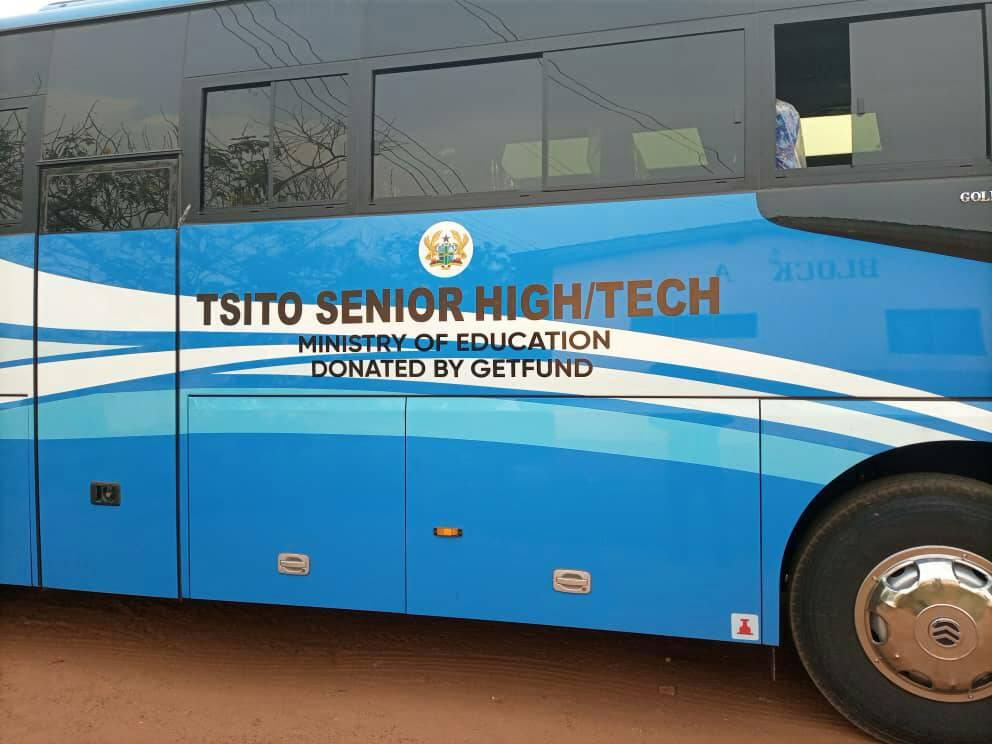
By Wisdom JONNY-NUEKPE
Government is targetting the conversion of underutilised land into productive agricultural space by designating and increasing the amount of land available for farming purposes through a land banks policy, Minister for Food and Agriculture-designate Eric Opoku has disclosed.
Outlining government’s new agriculture policies during his vetting in parliament on Monday, January 20, the incoming sector minister said government will engage land owners to release potential farmlands for this initiative, adding that the policy is touted to significantly boost food production for both domestic consumption and export.
“We intend to acquire the land, prepare it for agricultural purposes and then hand it over to prospective investors in order to increase food production and drive Ghana toward food sufficiency,” he said.
According to him, the youth and women are key targets of the land banks policy as government plans to make farming appealing to young people and women.
He said the lack of initiatives to make farming attractive for the younger generation remains a challenge, as many continue to seek white-collar jobs rather than pursuing careers in agriculture.
The concept of land banks increases the amount of land available for agriculture, which can improve food and nutrition security.
The system, when managed efficiently, creates jobs in the agriculture sector – especially for women and young people – and is seen as an ideal catalyst to spur rural agriculture development.
Research confirms the need for land banks
A study by the Agricultural Policy Research in Africa (APRA) indicates that young people under age 30 who are interested in farming, particularly in the cocoa sector, do not have access to land.
The findings indicated that 65 percent of farming lands in Ghana belong to those aged between 50-65 years, leaving young prospective farmers frustrated in regard to land acquisition for farming.
The findings also stated that women in general have smaller plots of land for cocoa farming than men in major cocoa growing areas – a situation the Paper proposed must be addressed to enable women have favourable access in land acquisition for cultivation.
“When land becomes scarce, it is more difficult for women to get family lands; and so there must be alternative solutions that favour women in land acquisition for cocoa and crop farming, particularly in cocoa communities,” the study indicates.
The APRA research was hosted by the Institute of Statistical, Social and Economic Research (ISSER) with researchers from the institute.
The post Land banks to address low agric output appeared first on The Business & Financial Times.
Read Full Story




















Facebook
Twitter
Pinterest
Instagram
Google+
YouTube
LinkedIn
RSS